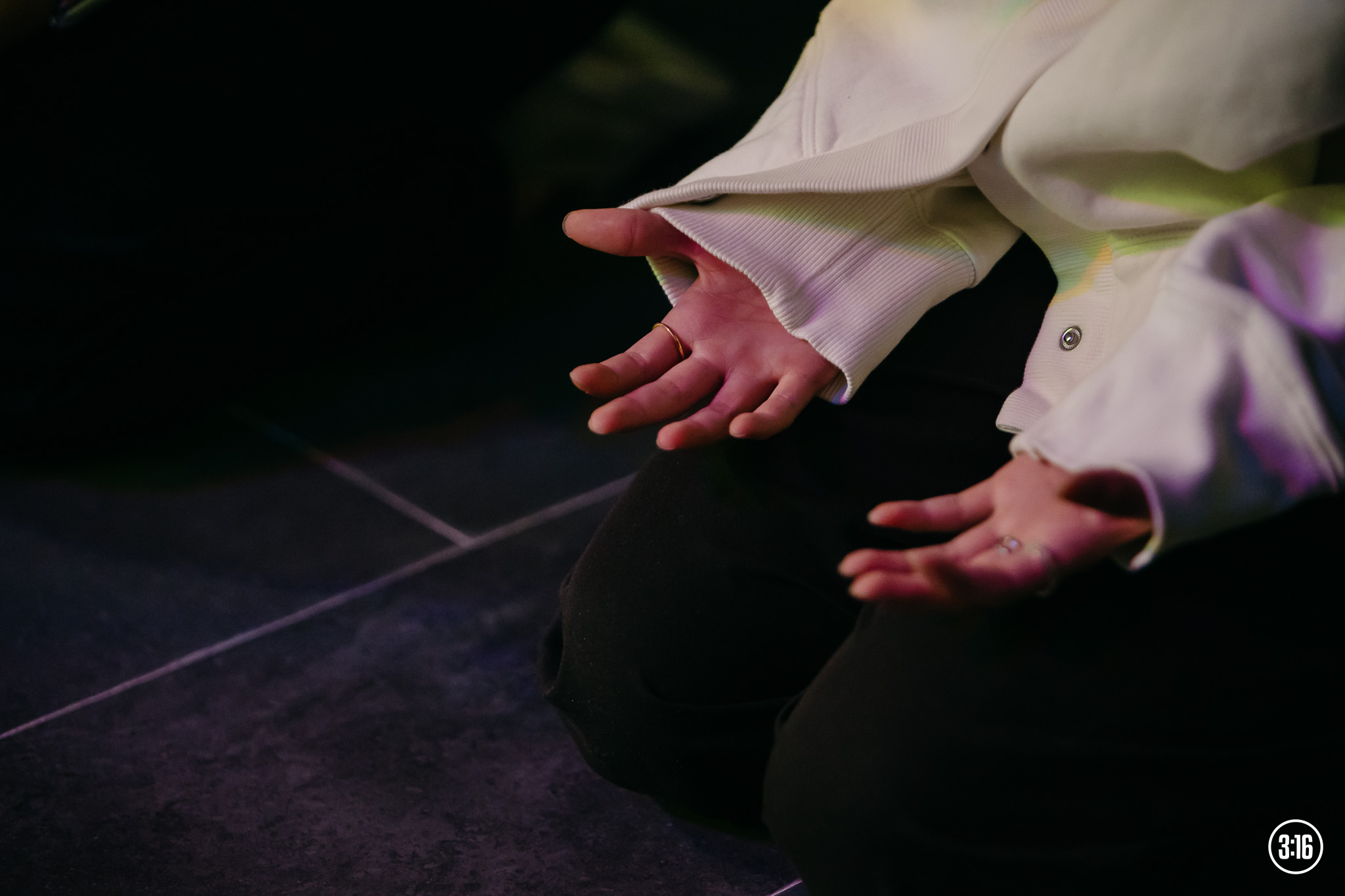In Chinese culture, we are often caught up with the need to “save face”.
That’s an idea that comes from the Mandarin phrase mianzi (面子), which refers to one’s pride and reputation. Being disgraced or embarrased is diulian (丢脸), which can be described as throwing your face onto the ground.
So, in a world obsessed with “face”, we often wear a mask to ensure that our true struggles or true feelings are not revealed. We may take off our masks at the end of the day, or with close friends and family, but I think for most of us, wearing a mask is so innate that we actually don’t feel it on our faces anymore.
Sometimes we question who we really are, sometimes we feel so deeply misunderstood. But though we ask these questions, many of us never quite take off the mask so that people can truly understand us.
As a result, we live inauthentically, and then struggle when we realise no one really knows us for who we are.

In her book Leading as Sons and Daughters, Wendy Mann describes that one key attribute of a leader who leads as a child of God is to lead without a mask.
She recounts the experience of being so trapped and anxious because she believed the lie that a leader “should always have it together and show no signs of weakness”. She writes that wearing a mask sometimes makes it easier because it creates distance between you and those around you. And then you end up with the real fear that people would not accept you if they knew the real you.
But, Mann continues, understanding our position as children of God changes this perception. Knowing how much we are loved by God, and that nothing we do can earn this love, enables us to take off the mask we wear and be real with the people around us.
Jesus modelled a life of authenticity.
He never needed to please crowds, and would often travel distances just to speak to one person. Jesus didn’t need to show that he had it together – he demonstrated in the garden of Gethsemane where he brought three of his closest friends and wept before God under the weight of the task that was ahead of him. He didn’t hide that he was the Messiah, even if that would cost him his life. Jesus wept, showed anger, expressed deep sorrow.
Jesus never wore a mask. So perhaps, in order to reconcile our inner selves with the self we demonstrate to the world, we need to actually “lose face” and throw off that mask we put on.
Especially in church, we need to learn to be more real with our community and with our people. For the freedom to love and be loved, we need to learn to be real with one another.

How can we do this?
We can be honest with God about our disappointment and pain. Until we come to Him plainly, we cannot receive God’s truth about who we are. We have to be completely vulnerable before God. He knows anyway and sees behind our masks. He wants honest conversations about our troubles and pain.
We can be honest with a few safe people. Being authentic doesn’t mean having to bare everything to everyone. That would be unwise and possibly dangerous. We need three or four close friends who we can trust to walk alongside us – people who truly love us and would speak the truth to us in love.
That’s how we can take the mask off. And slowly, we’ll become less afraid of what people think of us, and more confident in who we are in Christ.
My mentor told me I get along with people really well, but I tend to put my guard up. It’s not a really obvious thing, but it’s almost like I have unconscious inhibitors that filter what I say or how I behave. I don’t share deeply either – just the necessary details.
There’s a real freedom to receive love and love others when we take off our masks and choose authenticity.
But at a conference I attended this year, there was so much that God was saying and doing in my life, that I felt I needed people around me to pray and process these things with me. When a friend asked me about this encounter with God, I was only going to give him a brief overview, until I decided to be more real about what happened. It turned out he had a word from God for me, a message which confirmed what I had heard from God.
After more heart-to-heart conversations like that, I felt this new uninhibited joy and love for people as I talked to them. I could receive love from friends when they gave hugs and encouraged me. I could give love and express excitement without holding back for fear they might think I’m weird.
There’s a real freedom to receive love and love others when we take off our masks and choose authenticity. So let us build cultures in our communities and churches where people feel safe to share what is on their hearts, and can expect to be met with acceptance and love.
This article was first published on Delphne’s blog and is republished with permission.
Dear God, thank you for knowing me and being patient with me.
I pray you give me the courage to be honest with people. Bring people into my life so we can journey together in the good stuff, as well as the bad. Strengthen us to create churches and communities that are places of safety so that your people can be real, accept each other, and receive and give love. Help me to see and love others the way you do – unconditonally.
In Jesus’ name I pray, amen.









